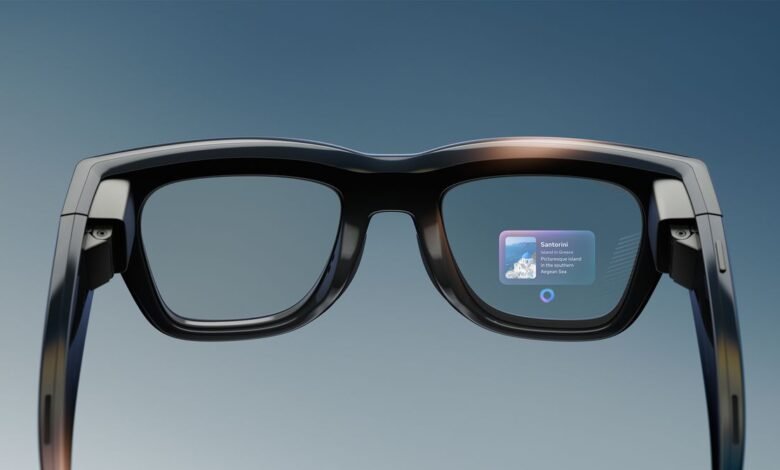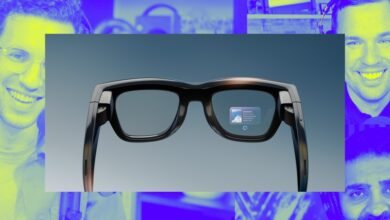Meta’s Smart Glasses: Smarter Insights, Awkward Moments

▼ Summary
– Mark Zuckerberg claimed that people without AI smart glasses will be at a cognitive disadvantage compared to those who wear them.
– A live demo of Meta’s new smart glasses failed when hundreds of pairs in the audience all activated at once due to the wake word.
– Technical issues during the demo included lag, interruptions, and a failed video call, as explained by Meta’s CTO.
– Analysts note that AI assistants often fail to understand commands, indicating a high failure risk and a gap between promises and reality.
– The demo’s clumsiness suggests smart glasses currently cause social disadvantages rather than providing cognitive benefits.
Meta’s vision for AI-powered smart glasses promises a future where wearable technology offers a distinct cognitive edge, yet recent public demonstrations have highlighted the considerable gap between ambition and real-world performance. During a keynote at the company’s Connect developer conference, a live product demo intended to showcase seamless voice assistance instead descended into chaos when hundreds of devices activated simultaneously, creating a chorus of confused responses. This incident underscores the challenges facing always-on, voice-activated wearables in crowded or socially complex environments.
The onstage mishap occurred when a chef attempted to use the “Hey Meta” wake phrase to request a recipe, inadvertently triggering every pair of glasses in the audience. According to Meta’s Chief Technology Officer Andrew Bosworth, the sheer density of active devices in one location effectively caused a self-inflicted distributed denial-of-service scenario. Even beyond that moment, other demos suffered from lag, failed video calls, and stilted interactions, revealing a technology still very much in its awkward adolescence.
These stumbles are more than just entertaining bloopers, they reflect fundamental hurdles in human-AI interaction. Leo Gebbie, a director and analyst at CCS Insights, notes that unreliable comprehension remains a core issue. When users engage with AI assistants, misunderstandings and failed executions are still frustratingly common, eroding trust and practicality. The gap between promotional sleekness and everyday functionality remains wide.
While smart glasses like Meta’s Ray-Ban collaboration offer intriguing features such as live captions and hands-free information access, their current form introduces social trade-offs. The very act of speaking aloud to an invisible assistant, or dealing with delayed or incorrect responses, can create moments of social awkwardness that offset any potential efficiency gains. For now, these devices may impose a social disadvantage that outweighs their promised cognitive benefits.
It’s clear that the path to truly intuitive, socially integrated smart glasses is longer and more complex than early marketing suggests. Until these systems can operate seamlessly, discreetly, and reliably in dynamic real-world settings, Zuckerberg’s vision of a glasses-wearing cognitive elite remains more speculative than imminent.
(Source: Wired)





